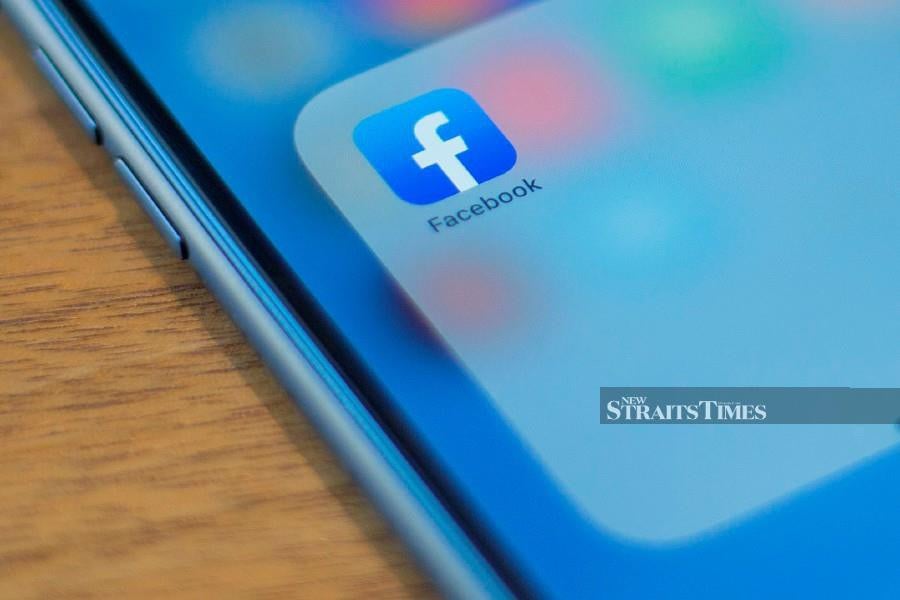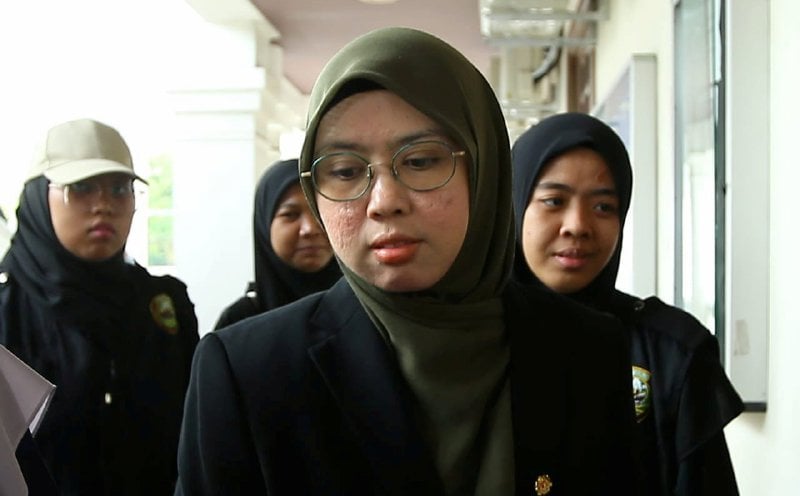MY son, Dani, turned 13 recently. On his birthday, he told me that he is finally old enough to have a Facebook account.
You see, he attempted to register for an account when he was 10, but I caught him red-handed and sternly told him off because it was clearly written on Facebook’s Terms of Services that “… you cannot use Facebook if... you are under 13 years old.”
The age restriction is one of the reasons why I refuse to let my son have an account on social media.
As a media literacy expert, I am wary of the risks and challenges one faces when using social media. Access to social media means one is exposed to information, disinformation and misinformation which are readily accessible and shared by friends and people who are being followed.
As a concerned mother, I am not sure if my young son is fully equipped with the skills to distinguish between credible information and misinformation. And as much as I would like to keep an eye on his interactions on the social media platforms he may frequent, I know that it is not possible. Therefore, how can I be assured that my son will be a responsible social media user?
Currently, computer literacy is taught in school. Students learn about the different parts of a computer, how to use basic computer applications, learn coding and create various documents with computer applications.
Subjects such as Information and Communications Technology and Introduction to Computer Science make this possible.
But what about basic Internet etiquette, especially in handling social media?
The recent death of a Korean pop star, Sulli, a former member of the group f(x), sparked debate on how online abuse can deeply affect a person. She has been at the receiving end of online vitriol and unwarranted comments, some of which were alleged to have prompted her to retire from f(x) and caused her to be mentally and physically exhausted.
Closer to home, popular actor Azhan Rani and renowned TV personality Fedtri Yahya received crude messages from strangers on their social media accounts.
These two cases highlight the urgent need for the public to know how to be responsible Internet consumers, all the more so because of the high number of Internet users in Malaysia.
According to the Malaysian Communication and Multimedia Commission, users have jumped from 24.5 million in 2016 to 28.7 million, last year. The number represents a staggering 87.4 per cent of Malaysia’s population.
Malaysia boasts such a broad spectrum of users, from highly-skilled content developers and producers to beginners who just learned how to use a computer and access the Internet.
(N)etiquette, therefore, is a necessary — a basic competency that should be acquired by online users, of all ages.
Some important skills which can help users become good digital citizens include having a good judgment with whatever information they share, verify facts before posting/reposting and treat people online like how they want to be treated.
Being well-versed with netiquette is key to keeping the online world safe and secure. It can help reduce hate speech, online abuse, identity theft and other forms of cyber-crimes.
While the media, and especially social media, is undoubtedly a good platform for one to express his or her opinion and be heard, it is equally important to realise that it should not be abused.
The writer, blissfully married to an orthopaedic surgeon and a mother to four beautiful children, is currently living in Japan

















